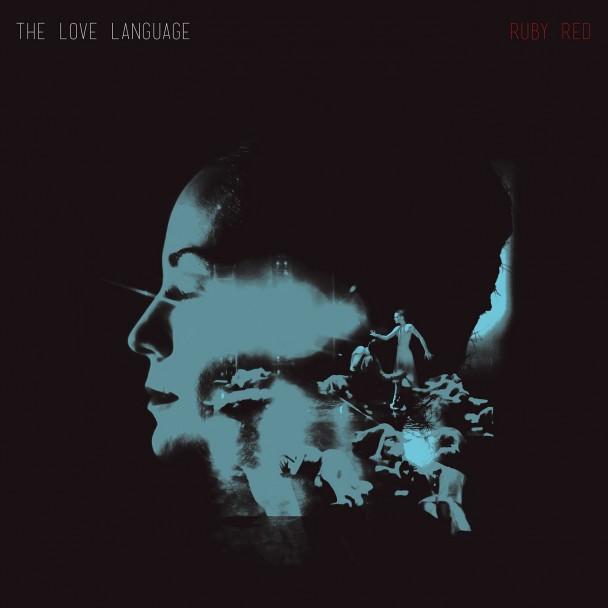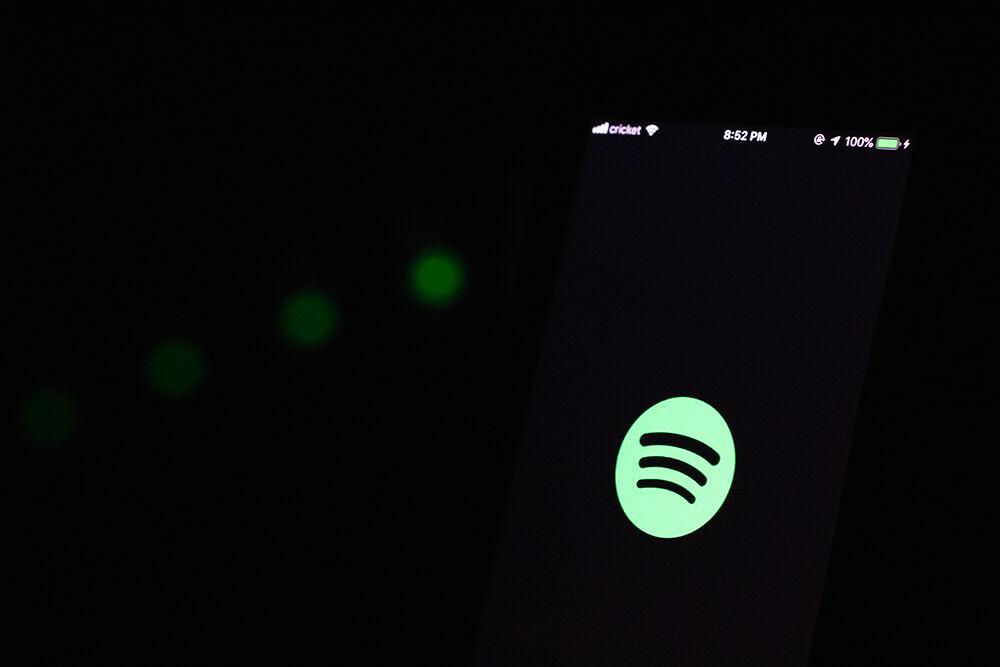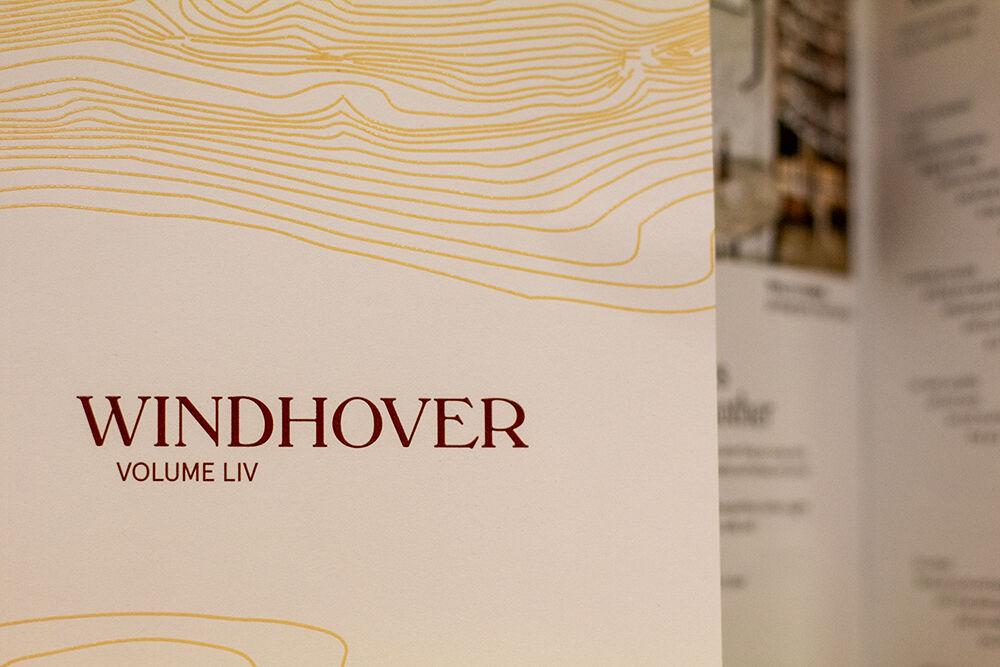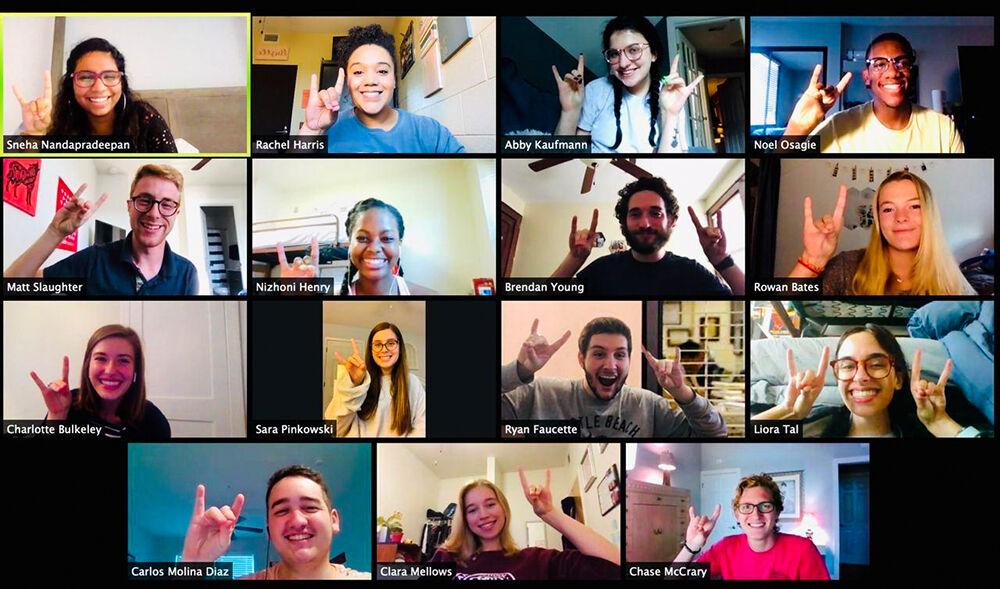When Stuart McLamb recorded The Love Language in 2009 the result was an emotional roller coaster brimming with sharp angst and fuzzy pop riffs. Libraries broke away from that lo-fi sound with dreamy pop-ballads and a rounder, chiller sound.
The Love Language, led by McLamb continues its progression toward more ambient, relaxed songs in its third album, Ruby Red. To be sure, the songs are well-composed music pieces but the Raleigh-based band doesn’t discover anything groundbreaking.
Although its sounds has cleaned up and leveled out, The Love Language lives up to its name with dreamy summer love songs.
Ruby Red sounds like what might play at a dramatic high school dance. It rocks often, but slowly moves into more emotional songs.
The drums in “Calm Down” and “First Shot” exemplify the larger rock presence on Ruby Red. These classic drum and bass rhythms seem out of place at times, and it does not feel natural.
Those stereotypical rock moments seem to be the most forced aspect of the album in contrast to orchestrated horns, whistles and chorus chants that fill the bulk of the album.
What the album loses in those strange rock tunes it makes up for in dreamy pop ballads that dominate most of the album.
Tracks like “Hi Life” and “Golden Age” are more reminiscent of Libraries. Ambient keys and light glockenspiel are layered with McLamb’s softer vocals to create dream-pop songs that present, contemplative intangible emotion.
Overall, the album follows closer to Libraries, but it masters the sound it created on that album. It’s unfortunate that the raw emotions present on The Love Language remain untouched, but it seems that McLamb is following what he feels, rather than what fans want him to feel.
The lyrics are still consumed in love, but like the music are ethereal and ambiguous. “For Izzy,” which stands out as one of the album’s best tracks, uses open-ended lines like, “I think I’ll try this one for all of us/poignant or proud I just can’t tell.”
McLamb still sings love songs, but it isn’t melodramatic like some of the songs in The Love Language. The lyrics are carefully constructed and wise, contrasted with the bitter attitude in some of McLamb’s earlier songs.
The album took three years to finish, and it isn’t surprising. The details are clear in composition, song arrangement and production, but Ruby Red is almost too careful in its meticulousness.
The Love Language’s raw emotion paired with 60s pop-style and choppy recordings are what defined it in the beginning. It isn’t to say their evolution is bad, but it is less emotional.
The vocals are muted at points, and stick out less than usual. It is an album more focused on instruments that Libraries or The Love Language which makes for pretty arrangements that are less poppy.
The Love Language is decidedly a summer-love band, and just like love it should not remain at rest, but rather change and grow. Ruby Red is a respectable full-grown album, but it is as a reminder that The Love Language will never be the wild emotion-ridden animal it once was.














